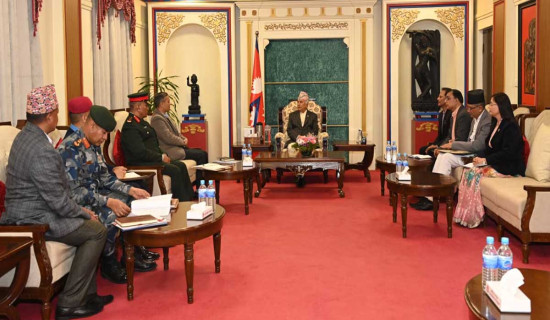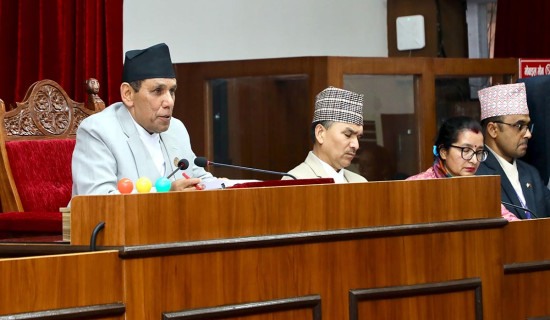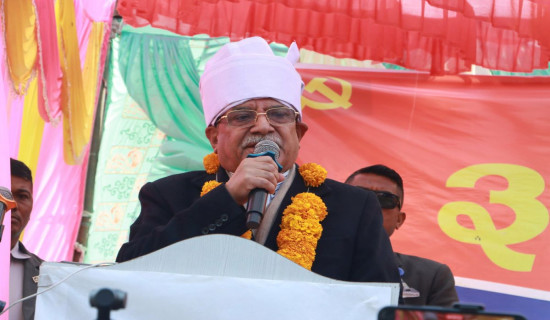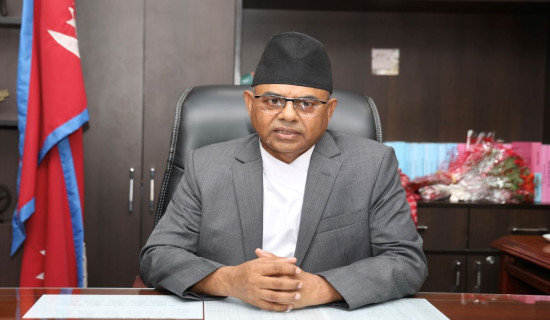- Saturday, 14 February 2026
Mediation Useful In Construction Disputes
Disputes are indeed the inevitable part of human interaction, occurring in various settings such as families, workplaces, and communities, government agencies, offices and so on. To address these disputes effectively, various mechanisms and techniques have been devised and created. Basically, dispute resolution mechanism can be categorised into adversarial and non-adversarial types. Court litigations are based on adversarial jurisprudence resulting into win-lose outcome. But mechanism such as mediation are premised upon non-adversarial and non-confrontational process and methodology aiming to secure amicable resolution of disputes that benefit the disputing parties. Compared to litigation, mediation is faster and less expensive than litigation or arbitration.
Mediation sessions usually take shorter duration, compared to a court trial or arbitration hearing that can take weeks and months. Mediations can be scheduled as soon as the parties are ready, while arbitration hearings and court trials often take years to be scheduled. Mediation Act 2011 of Nepal too defines mediation features such as non-hostility between the disputing parties, impartiality and confidentiality. It outlines mediation scope in dealing with community and commercial disputes, among others. Mediation is particularly suitable for certain types of conflicts due to its non-adversarial nature as it provides for disputing parties opportunity to actively participate in finding mutually agreeable solutions.
Confidential nature
Mediation is appropriate to help resolve interpersonal disputes of different types and natures. Usually, at the beginning of the mediation, the mediator conducts a joint session with all the parties present. During this joint session, the mediator introduces the parties and explains the mediation process, including the purpose of joint sessions and private caucuses. The mediator discusses the confidential nature of the mediation process and explain that any information given during a private caucus will not be disclosed to the other party without permission. In general, mediations are private and confidential, and everything discussed during the mediation and any settlement offers that are exchanged cannot be used in court or in an arbitration if the parties do not settle their dispute.
Mediation is well-suited for conflicts between individuals, group organisations and states. Mediation allows parties to express their concerns, feelings, and interests in a safe environment while working towards mutually acceptable resolutions. Mediation can help reduce the emotional toll on family members by enabling them to make informed decisions regarding their future. Skilled mediators facilitate open communication and guide parties towards crafting parenting plans or property settlements that address everyone's needs. Similarly, employment-related conflicts such as discrimination claims, harassment allegations, or conflicts among colleagues can benefit from mediation. Mediators can help parties explore underlying concerns and assist in reaching resolutions that maintain or restore a harmonious work environment.
In the same way, mediation is advantageous for addressing disputes within communities, including issues related to noise, property rights, and shared resources. Mediators can foster dialogue, encourage understanding, and guide residents towards cooperative solutions. In business, mediation is a cost-effective way to address disputes arising from contracts, partnerships, or other commercial agreements. Parties can avoid lengthy and expensive litigation processes while working with a mediator to reach a mutually satisfactory agreement.
Furthermore, mediation is increasingly used to address conflicts within educational organisations. It can help resolve disputes between students, parents, or educators.
Mediators facilitate discussions, enabling stakeholders to address issues such as bullying, special education needs, or discipline concerns. Mediation is thus a versatile conflict resolution method that is well-suited for various types of issues, conflicts and disputes. Mediators’ ability to encourage open communication, preserve relationships, and empower parties to actively participate in crafting solutions makes mediation a valuable tool for addressing interpersonal, family, workplace, community, commercial, and school conflicts. By providing this array of applications, mediation therefore contributes to more peaceful and cooperative societies. Of late, mediation has been immensely used to resolve capital and construction disputes in different global jurisdictions but this has not been started yet in Nepal.
Disputes among owners, contractors, and subcontractors are very common on construction projects worldwide. And a construction dispute can be mediated while litigation or arbitration is ongoing or while the capital projects are still being constructed. As the construction industry has always looked for ways to avoid or minimise disputes to ease financial and time costs arising from litigation and arbitration, it has found mediation to be a very effective process for the resolution of these disputes.
Construction dispute
Needless to say, some construction projects take years to complete, and involve layers of contractors and subcontractors, and hundreds, if not thousands, of workers. Nepal has been affected adversely due to inordinate delays of completing the construction projects. As a consequence, there are several disputes arising from construction industry stakeholders. Efficient conflict resolution is important in the construction industry because of the importance of maintaining the relationships between all those entities and people who must continue to work with each other on a project that may be in middle in its schedule when disputes arise. In addition to maintaining a good relationship on a project under construction, the parties want to preserve their relationship for future projects.
Recognising the effectiveness of mediation in resolving construction disputes, construction industry standard contracts require that the parties make a good faith attempt to settle their dispute through mediation prior to instituting litigation or arbitration. Notwithstanding its benefits, mediation is only effective if both parties want to settle the dispute. If one of the parties is only participating in the mediation because of contractual requirements and is not interested in settling the dispute, mediation will not be effective.
The kinds of construction disputes that are mediated include contractor’s or subcontractor’s defective work, architect’s defective plans and specifications, delays in project completion, payment issues, changes to the scope of work, clearing site conditions, property damage to the project and disputes etc. It is high time Nepal’s ailing construction sector look to support institutionalising mediation to use it to resolve protracted construction disputes to speed up infrastructure development.
(The author is presently associated with Policy Research Institute (PRI) as a senior research fellow. rijalmukti@gmail.com)
















